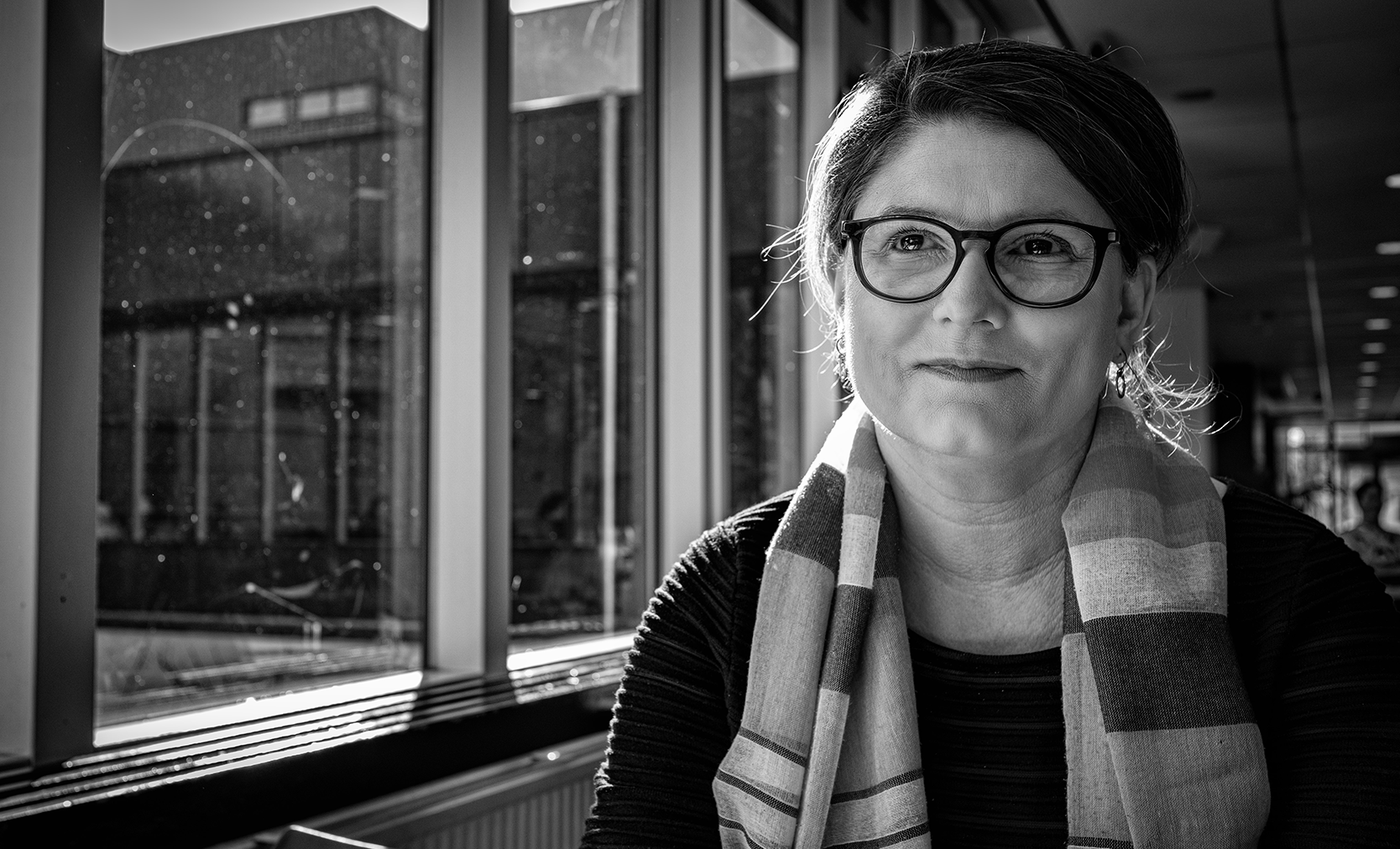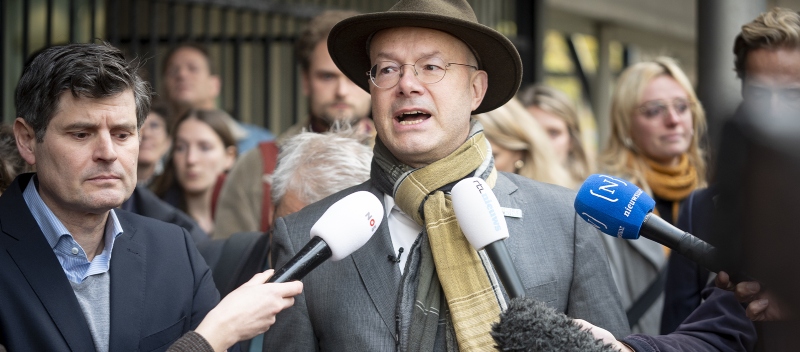The European Research Council ERC awarded 37 scientists from Dutch research institutions a Consolidator Grant. One of them is for Inga Winkler, associate professor of Human Rights at the Law Group since September 1st.
The grant amounts to EUR 2 million and covers a period of five years. Winkler gets it for her research proposal PERIODS, which focuses on social mobilisation around menstruation, investigating whether and how ‘the menstrual movement’ relies on human rights for advancing gender justice. Winkler has been researching menstruation for more than a decade. Especially in the early days, she felt it was often trivialised. ‘The recognition of an ERC grant is fantastic; it helps to establish menstrual studies as a research field.’
‘Almost everywhere in the world, there is stigma around menstruation. This stigma has major consequences, both for society and for individuals,’ she explains. ‘Menstruating or being seen as menstruating affects participation in social, cultural and public life, including at school and at the workplace. Menstrual stigma also impacts the realization of the right to health. Winkler: ‘Many people who menstruate hesitate to seek medical advice, for instance. And healthcare providers are not always trained adequately about conditions related to the menstrual cycle. For example, for endometriosis, it takes an average of seven years until the correct diagnosis is made.’ (The condition in which tissue resembling the lining of the uterus grows in places outside the uterus, often resulting in severe pain and heavy menstrual bleeding, ed.)

Socio-cultural constructs
Menstruation has come out of the taboo corner somewhat in recent years, the researcher observes. But the socio-cultural constructions and gender stereotypes associated with it are still alive and well. With this ERC project, Winkler wants to study – transnationally and participatorily – whether and how social movements address these implicit consequences. She hopes her findings will contribute to social change, ‘to a society where no one is left behind just because they menstruate.’
And although not formally part of the project, Winkler also suggests looking into menstrual and menopausal needs at WUR. ‘I know the topic is already being discussed on campus, but it would be great to contribute to a discussion on what is needed to make Wageningen a menstruation- and menopause-friendly campus.’
ERC context
The consolidator grant is a (personal) European fellowship for experienced scientists. A total of €678 million research budget could be distributed this year, €51 million more than in 2023. ERC president Maria Leptin regrets that despite this, so many excellent researchers missed out: out of 2,313 grant applications, 328 (14.2%) were honoured. ‘This waste of talent can only be avoided if Europe invests more in basic research.’ As things stand, the Horizon programme will have to slash €2.1 billion from its budget over the next three years, although the final word on this has not yet been spoken. With 67 grants allocated, Germany is in the lead. The Netherlands, with 37 grants, is doing almost as well as France and the UK, which each get 38. The fact that WUR is missing in the list of grant-receiving universities is because Winkler was still working at the Central European University in Vienna at the time of her application. HOP

 Virtually unimaginable in Europe: a sanitary napkin brand that says what it stands for in terms of name and colour (from Malaysia) Photo Shutterstock
Virtually unimaginable in Europe: a sanitary napkin brand that says what it stands for in terms of name and colour (from Malaysia) Photo Shutterstock 

